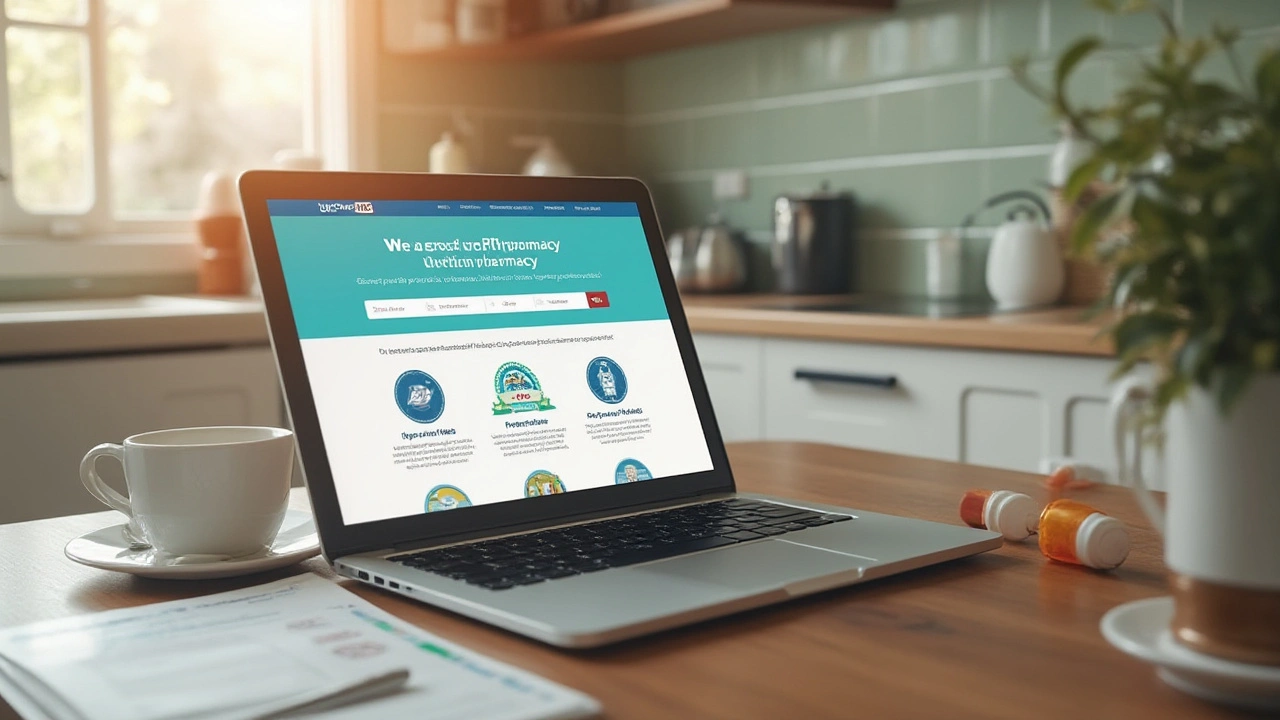
myhealthmeds.net: Your Guide to Safe and Reliable Online Pharmacy Shopping in 2025
Explore the world of online pharmacies with a hands-on look at myhealthmeds.net: what makes it trustworthy, how it works, and tips to shop for meds online safely.
View More